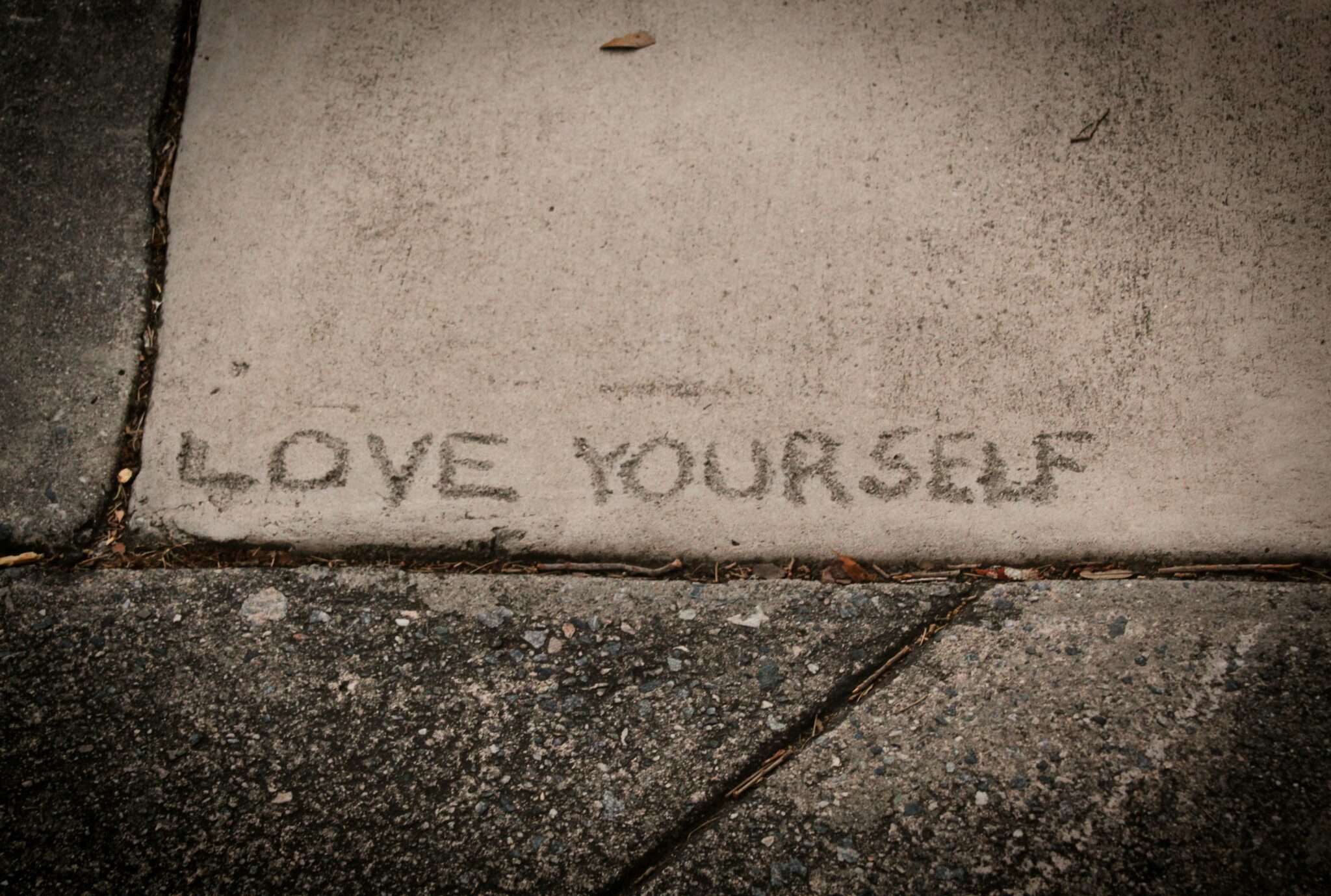Setting boundaries isn’t just about saying “no” – it’s about saying “yes” to yourself. In a world that constantly pulls us in every direction, learning to protect our emotional space can feel revolutionary. Boundaries are more than rules; they’re acts of self-respect and care. When we make setting boundaries a daily habit, we’re not only guarding our peace but also nurturing our well-being and honoring our worth. This article is a heartfelt guide to transforming boundary-setting from a daunting task into a tender, empowering practice of self-love, reminding us that taking care of ourselves is the most beautiful gift we can give.
Understanding Your Limits as an Empowering Step
Recognizing where your energy wanes and emotions feel stretched is not a sign of weakness but a beacon of strength. When you acknowledge your limits, you’re gifting yourself clarity and permission to prioritize what truly nourishes your soul. This understanding sets the foundation for self-respect, allowing you to discern when to say “yes” and, more importantly, when to say “no” without guilt or second-guessing. It’s in this sacred awareness that boundaries transform from rigid rules into gentle acts of kindness toward yourself.
Embracing your limits empowers you to create space for healing, growth, and authentic connection. Here’s how this awareness can shape your daily practice:
- Listen Intently: Tune into your body’s signals and emotional whispers-these are your compass guiding you.
- Practice Compassion: Acknowledge that everyone, including you, has boundaries-and that’s perfectly okay.
- Reclaim Your Energy: Prioritize tasks, relationships, and moments that uplift rather than drain your spirit.
By honoring your limits as an empowering step, you’re not just setting boundaries-you’re crafting a life rich with self-love and resilience.
Communicating Boundaries with Compassion and Clarity
Expressing your limits isn’t about shutting people out; it’s a gentle way of honoring your needs and nurturing your well-being. When you speak with kindness, choose words that reflect understanding rather than blame, and hold space for the other person’s feelings, boundaries become less about restriction and more about mutual respect. Phrases like “I feel overwhelmed when…” or “I need some time to recharge so I can be fully present with you.” bridge the gap between your heart and theirs, making compassion the cornerstone of every conversation.
To ensure your message is clear and lasting, try incorporating these practices:
- Be direct but gentle: Avoid vague hints; clarity helps prevent misunderstandings.
- Use “I” statements: Center the dialogue around your experience to reduce defensiveness.
- Listen actively: Acknowledge the other person’s perspective to foster empathy and connection.
- Set consistent limits: Repetition reinforces respect and builds trust over time.
This dance of honesty and empathy not only safeguards your spirit, but also cultivates deeper, more authentic relationships rooted in love and trust.
Turning No into a Gift You Give Yourself
Learning to say no is not about shutting others out but about opening a door to your inner peace and well-being. When you choose no, you’re not rejecting a person; you’re embracing yourself with compassion and respect. This simple word carries the power to honor your time, energy, and mental space, transforming every refusal into an act of profound self-care. It’s a reminder that your happiness and limits are just as important as anyone else’s demands or expectations.
Making this decision daily redefines your relationship with boundaries and nurtures a healthier, more loving connection with yourself. Consider these ways to make saying no feel like a gift:
- Recognize your value: Understand that your time and energy are precious resources, not obligations to be drained.
- Be gentle with yourself: Saying no doesn’t make you selfish; it makes you self-aware.
- Practice gratitude: Thank yourself for honoring your limits, no matter how small the refusal.
- Visualize positive outcomes: Imagine the extra peace and clarity you are creating.
Creating Daily Rituals to Reinforce Your Self-Respect
Integrating small, meaningful actions into your everyday routine can anchor your sense of self-respect and make boundary-setting feel natural rather than forced. Start with morning affirmations that remind you of your worth-phrases like “I deserve to say no” or “My peace is a priority” set a powerful tone for your day. Pair this with journaling a few thoughts on your emotional needs or reflecting on moments where you successfully maintained your limits. These rituals act as daily touchstones, reinforcing that your feelings and needs are valid and non-negotiable.
Another transformative practice is crafting a simple checklist that nurtures your mental and emotional boundaries. This can include:
- Taking intentional pauses before responding to requests that challenge your limits.
- Scheduling regular “no” breaks throughout your week, where you practice declining invitations or tasks that drain you.
- Visualizing a protective boundary, like an invisible shield, to remind yourself to honor your space emotionally and physically.
Embracing these routines doesn’t just protect your well-being-it cultivates a deep, daily habit of honoring your worth that radiates into every interaction you have.
In Summary
Setting boundaries is more than just a skill-it’s a profound act of honoring yourself every single day. When you learn to say “no” without guilt and protect your energy with kindness, you are nurturing your soul and creating space for genuine happiness. Remember, setting boundaries isn’t about building walls; it’s about crafting a sacred space where your needs are respected and your well-being thrives. Embrace this daily practice as a loving gift to yourself, because you deserve to live a life filled with peace, respect, and self-compassion. Keep loving yourself enough to draw those lines-and watch how your world transforms.
















